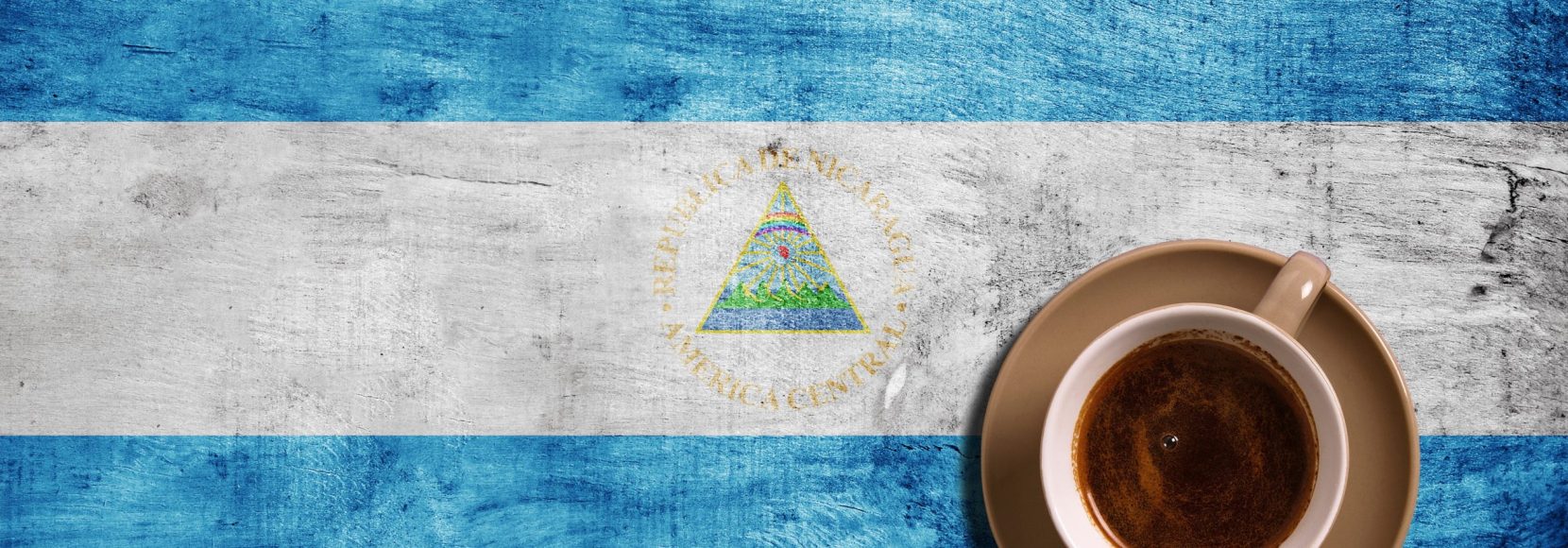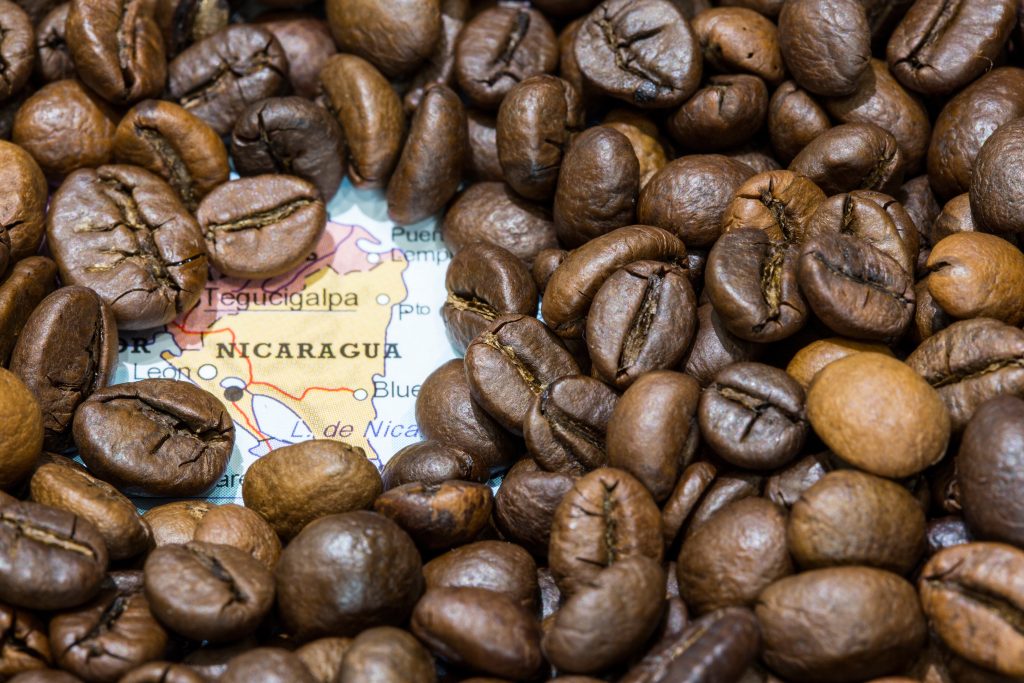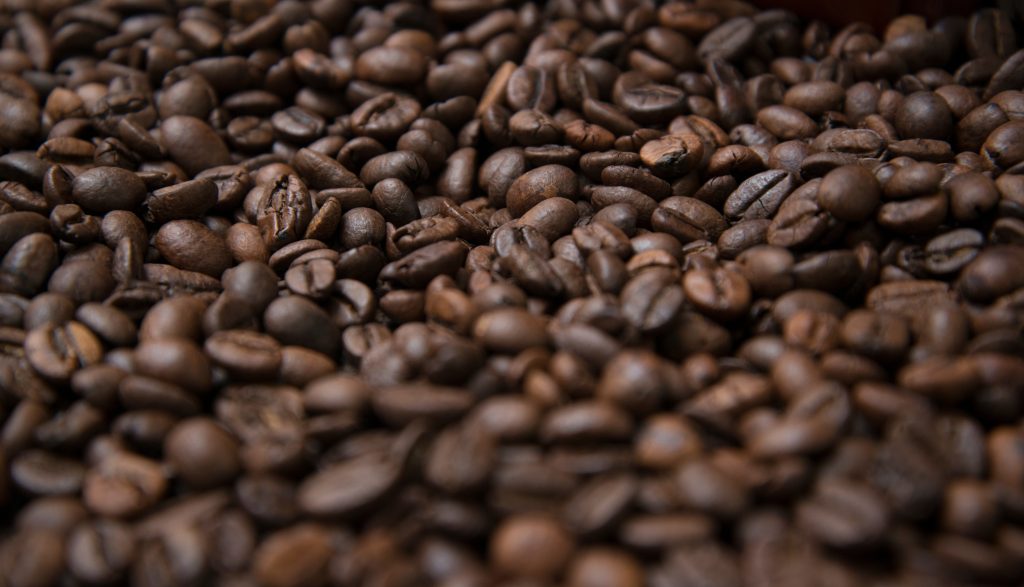
Breaking Barriers For Women Through Coffee Farming
Learn about how two women in Nicaragua are breaking barriers in the coffee farming industry.

Francisca walks onto her coffee plantation and smiles. In the shade of the coffee trees today, she finds not only a source of income, but also a refuge. She first thought of producing coffee when she was still married to the father of her three children. “I told him so many times to teach me, that this would be our children’s inheritance, but he never did,” she says.
Later, her husband left and Francisca ended up in charge of her kids alone. “I felt sad when I saw myself with my three children without any support,” she says. “Tears would run down my cheeks when I was planting my first seedbed, filling the bags with soil. But at the same time, I felt happy to go to the field and plant. I told myself, ‘I am not going to cry anymore. I am going to get ahead and prove that I am not going to die of hunger and that I am going to be a great coffee grower’.”
María Simona Ruiz has a similar story. Also a single mother living in Jinotega, Nicaragua, she once struggled to provide for her family by growing coffee.
Today, both Francisca and María Simona are successful coffee farmers and respected by their communities. But it was a challenging journey.
“At the beginning, I was told the whole idea [of earning an income from coffee] was crazy,” says María Simona. “How could I think that coffee would give me a harvest at such an altitude, and with such heavy rainfalls? [But] it is precisely the altitude of the place that allows me to yield such good coffee.”
With little knowledge of coffee growing, Francisca and María Simona agree that when they first started as farmers, they had no idea where to begin. “I wanted to be a coffee grower, period,” says María Simona. “When I started, I planted seeds wherever there was room for one. But today, thanks to the training [from TechnoServe], my plantation is in order.”
Two Women Receive the Training They Need to Thrive
TechnoServe began working with farmers like Francisca and María Simona through the Maximizing Opportunities in Coffee and Cacao in the Americas (MOCCA) program, a five-year initiative funded by the United States Department of Agriculture. By training farmers in climate-resilient agronomic practices, facilitating greater access to finance, expanding the availability of high-quality genetic material for planting, and augmenting research focused on developing more resilient varieties, TechnoServe has helped four thousand coffee producers so far to improve the quality and yields of their coffee and cacao plants and earn more income from them.
Francisca says the most challenging part of starting to grow coffee was not knowing where to get information. “I would ask my neighbors, but everyone would tell me something different,” she says. “On one occasion, I even burned part of my plants because I misapplied a diluted fertilizer. So when TechnoServe approached me about joining the training, I immediately signed up.”
Since working with TechnoServe, Francisca has doubled her production yields. “Once I started participating, I realized I had found the guidance I needed,” says Francisca. “I have learned a lot about the types of fertilization and when to apply them. Thanks to the new way of applying fertilizer, my coffee has improved and my production has increased.”
María Simona now implements an Integrated Pest and Disease Management system, a science-based approach for reducing populations of disease vectors and public health pests. She has also built a shade control for excess humidity and places plastic bottle traps to combat coffee borer beetles – harmful insects prevalent in most coffee-producing countries, which can attack at least half of the berries on a farm if no control measures are in place.
“[The TechnoServe team] taught me how to prepare a garlic-based biopesticide, so I no longer have to buy agrochemicals,” she explains. With the steps she’s taken and her timely management, María Simona has reduced her pest and disease control costs by 70%.
Women Growing Coffee Have Gained Higher Incomes and Respect from Their Community

María Simona and Francisca are not only increasing their productivity and income. They are proud to contribute to their community by creating jobs paying people for coffee harvest activities. In the future, they would like to add value and develop their own brand to create more income. They plan to buy a vehicle so they can continue opening new paths in coffee production and commercialization.
And they are both proud now to serve as role models for other women around them. “There are people in the community who admire me and use me as an example for other women,” says Francisca. “In my opinion, there are men who have changed their perception of the capacity of women in the area.”
“Now that my farm is doing well, they tell me, ‘Your coffee is beautiful. You are a role model,’” says María Simona. “For me it is a great pride to refute men, and show them that women can be coffee growers.”
Women like Francisca and María Simona are breaking barriers in the coffee farming industry. With the help of TechnoServe, they have gained the knowledge and resources to improve the quality and yields of their coffee and cacao plants, resulting in higher incomes and respect from their communities. By supporting programs like this, we can empower more women to become successful coffee growers and contribute to their local economies. Consider making a donation to TechnoServe and help break barriers for women in agriculture.
ADDITIONAL READING





